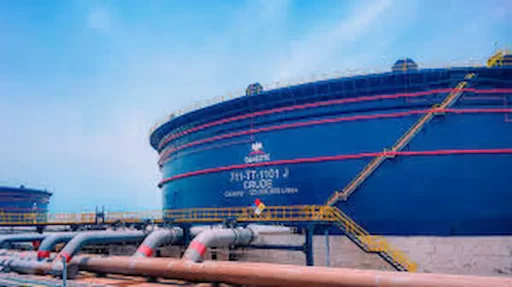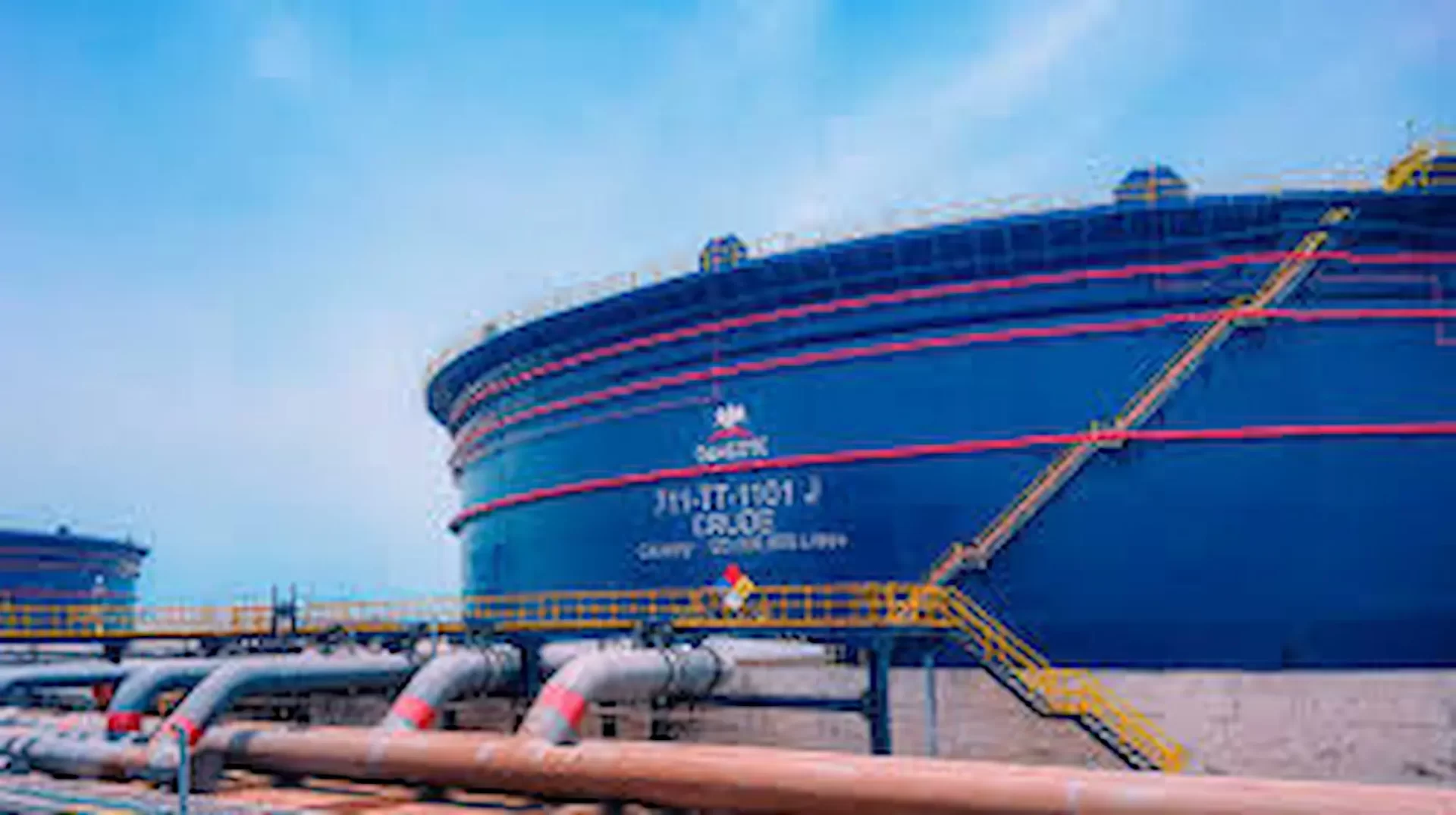Dangote Refinery Pledges Sustained LPG Production, Price Cuts
By NaijaEnquirer Staff
Dangote Petroleum Refinery has reaffirmed its commitment to promoting clean cooking fuel by ensuring steady and affordable supply of liquefied petroleum gas (LPG), commonly known as cooking gas, across Nigeria.
Transforming Nigeria’s Energy Market
Since its commissioning just over a year ago, the refinery has positioned Nigeria as a net exporter of refined fuels, reaching markets as far as the United States. Its production of polypropylene, LPG, and naphtha is catalysing growth in manufacturing, aviation, and agro-processing sectors.
According to the company, domestic LPG supply has already led to a drop in cooking gas prices, reducing dependence on kerosene and firewood while boosting cleaner household energy adoption. The refinery has also generated over 570,000 direct and indirect jobs through its associated infrastructure projects in power, water, and transport.
Response to Labour and Monopoly Allegations
In response to allegations by the Nigeria Union of Petroleum and Natural Gas Workers (NUPENG) of anti-labour practices and monopolistic behaviour, Dangote Group dismissed the claims as “entirely unfounded.” It reiterated that employees are free to affiliate with recognised trade unions, describing reports of forced waiver of union rights as “categorically false.”
The company clarified that the dispute relates to NUPENG’s Petrol Tanker Drivers (PTD) unit and not the refinery. Central to the row is Dangote’s deployment of over 4,000 compressed natural gas (CNG)-powered trucks, which the union fears could displace existing jobs. Dangote countered that each truck will employ a six-person team and provide salaries above minimum wage, pensions, healthcare, housing allowances, and access to long-term housing loans. The plan to expand the fleet to 10,000 trucks by year-end could create more than 60,000 jobs.
Fuel Prices and Market Competition
Rejecting monopoly allegations, Dangote stressed that its operations comply with Nigerian Midstream and Downstream Petroleum Regulatory Authority (NMDPRA) rules, noting that over 30 refinery licences have been issued to other private players, including BUA, Aradel, Walter Smith, and Edo Refinery. The company said its entry has revitalised the downstream sector, reopened dormant petrol stations, and restored investor confidence.
Contrary to reports of planned fuel hikes, Dangote said its activities have stabilised supply and reduced costs. Diesel prices have dropped by more than 30% in the past year, while petrol is reportedly cheaper in Nigeria than in oil-rich Saudi Arabia and 40% below rates in neighbouring West African countries. The group also cited a N720bn investment in CNG infrastructure as evidence of its long-term commitment to lowering logistics costs and expanding fuel distribution.
Government Mediation Welcomed
The refinery expressed appreciation for the intervention of the Ministry of Labour and Employment and key officials mediating the dispute. It stressed that it maintains a cordial relationship with all recognised trade unions, including NUPENG, and dismissed claims of walking out of conciliation talks.
“At Dangote, we have chosen to invest boldly in Nigeria’s future and we will continue to do so. It is time others follow suit,” the company said in its statement.







